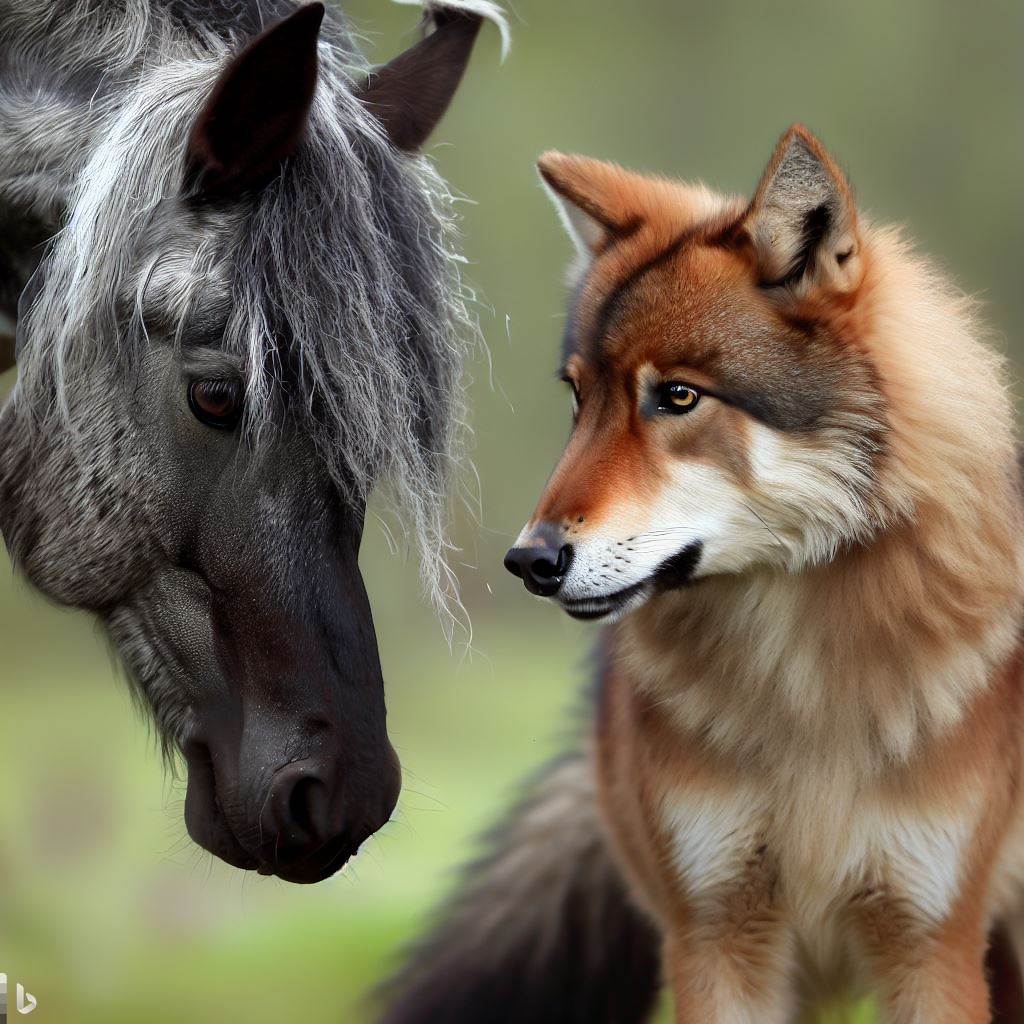A conservation story made possible by low grade corruption.
Wolves are a protected species in Spain. Almost hunted to extinction in the 20th century, their numbers are slowly recovering.
Hunting them is restricted to licenses obtained through auction (That can reach tens of thousands of €), and farmers are compensated for any losses incurred due to predation. This leads to fraud as sometimes farmers will accuse wolves of the otherwise natural death or kill the animal themselves. Specialists examine the kills in order to determine if they were really attacked by wolves – a on-site autopsy will sometimes reveal, for example, that an animal died from a blow to the head, most likely a human intervention. This in turn leads these agents to be sometimes targeted aggressively by the fraudsters, with cases of threats of bodily harm or damage to their vehicles being recorded.
And then we have the horses.
The Asturcon is a rare ancient breed, described in Roman times by Pliny the Elder. It’s farmed for… meat? To sell to collectors? It’s not clear what the economic raison d’être for this animal is. But it’s in itself a conservation case – many domestic animals become themselves endangered species once their economic role is replaced by machinery. Certainly no one is using the Asturcon as a pack animal or to till their fields. There were, as of 2007, around 1100 head registered.
And sometimes, they get eaten by wolves.
Of course, when this happens the government agents come around, find the remains, certify that they have indeed been eaten by wolves and pay up.
The wolves almost never carry off adults though, just juveniles. When the horses are left to graze in the mountains. Where the wolves are.
Why are the horses left on the mountains, you may ask? Don’t the owners have paddocks? Why deliberately leave them loose on the mountains where there are wolves?
Well, a recent documentary made the exposé that you can easily imagine: The owners have hit on a nice scam. Leave the horses in the mountains where they can be eaten by the wolves and report it. Then pocket the money.
But, I ask you, is this really a scam? When a wolf breaks into a stockade of trapped animals, he often kills indiscriminately, his hunting instincts short circuited by the unnaturally trapped prey. Economic compensation is hardly enough to redress the suffering and disruption this disaster causes the farmer. But in the case of the horses, if we take it as a given that the owner is complicit in the predation of his flock to add an extra revenue stream, that the horses are not trapped but can escape in a natural fashion, and that the wolves too are preying on an animal that can evade or resist them…
…the whole setup actually seems to be an ideal conservation situation. An endangered predator and an endangered domestic prey animal, whose owners find the limited predation… advantageous.
So if the horse owners think they’re getting away with something, by all means, let them continue to do so, and perhaps this sort of thing can become a model for other conservation interventions.

Leave a Reply